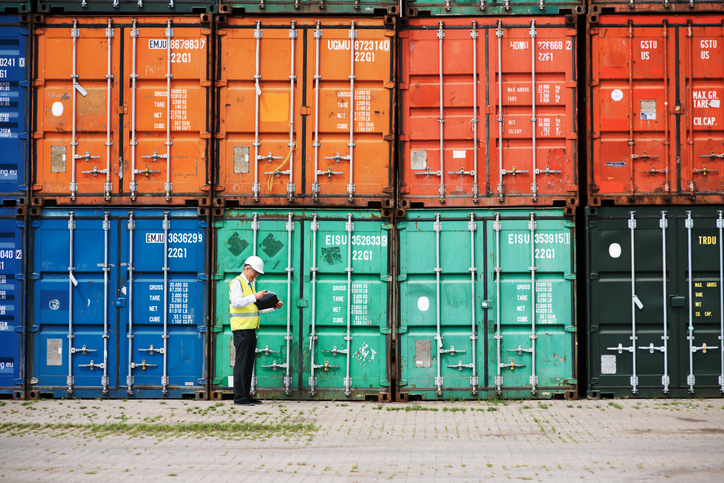On June 12, the U.S. Attorney’s Office for the District of New Jersey announced that Anyclo International Inc. (Anyclo), a clothing manufacturer based in South Korea, pleaded guilty to a federal court for evading customs duties. Anyclo was sentenced to pay fines of $250,000 in addition to agreeing to pay $2.05 million to resolve allegations of violating the False Claims Act.
According to the allegations in the settlement agreement, between 2012 and 2019 Anyclo knowingly evaded customs duties that it should have paid by undervaluing the merchandise being imported into the United States. The settlement laid out Anyclo’s system of evasion as “Specifically, for a number of sales to U.S. customers, Anyclo would prepare two versions of the same invoice for the same shipment. Anyclo would provide one version of its commercial invoice, which accurately stated the total value of the goods sold and additional costs/services provided… Anyclo also generated another version of the invoice, known as a free on board (“FOB”) invoice, that did not include the additional 3 costs or expenses. This FOB version set forth a lower value and some of the discrepancy between the two invoices was due to Anyclo’s undervaluation. Anyclo provided the fraudulent invoice to its freight forwarder, which then forwarded the information to its U.S. customs broker, knowing that the broker would use the value of the goods sold in the fraudulent invoice in filing necessary entry forms with CBP which includes, among other things, the value of the goods being entered into the United States.” As a result of the scheme described in the allegations, Anyclo paid a lower custom duty than the true value of its merchandise.
Yang Sup Cha, who had been hired by Anyclo in 2016, blew the whistle on the company’s alleged duty evasion. Yang Sup Cha filed a civil suit under the qui tam provision of the FCA. Qui tam claims enable private citizens to file lawsuits on behalf of the government if they know of an individual or company defrauding the government. Qui tam whistleblowers are eligible to receive between 15 and 30% of the government’s recovery. Yang Sup Cha will receive 18% of the $2.05 million (subject to Anyclo’s ability to pay) owed to the government.
In recent weeks, the U.S. Supreme Court has issued two decisions in False Claims Act whistleblower cases. On June 16, the Supreme Court issued an 8-1 ruling in United States, ex rel. Polansky v. Executive Health Resources, Inc. The decision grants the DOJ the authority to dismiss qui tam whistleblower lawsuits in cases in which it chose not to intervene.
On June 1, the U.S. Supreme Court issued an unanimous decision in U.S. ex rel. Schutte v. SuperValu Inc. The decision, heralded as a major victory by whistleblower advocates, overturns U.S. Court of Appeals rulings which allowed fraudulent companies to escape liability under the False Claims Act if they could prove their fraudulent actions could be based on a “reasonable interpretation of the law” regardless of whether or not the company intended to commit fraud.
